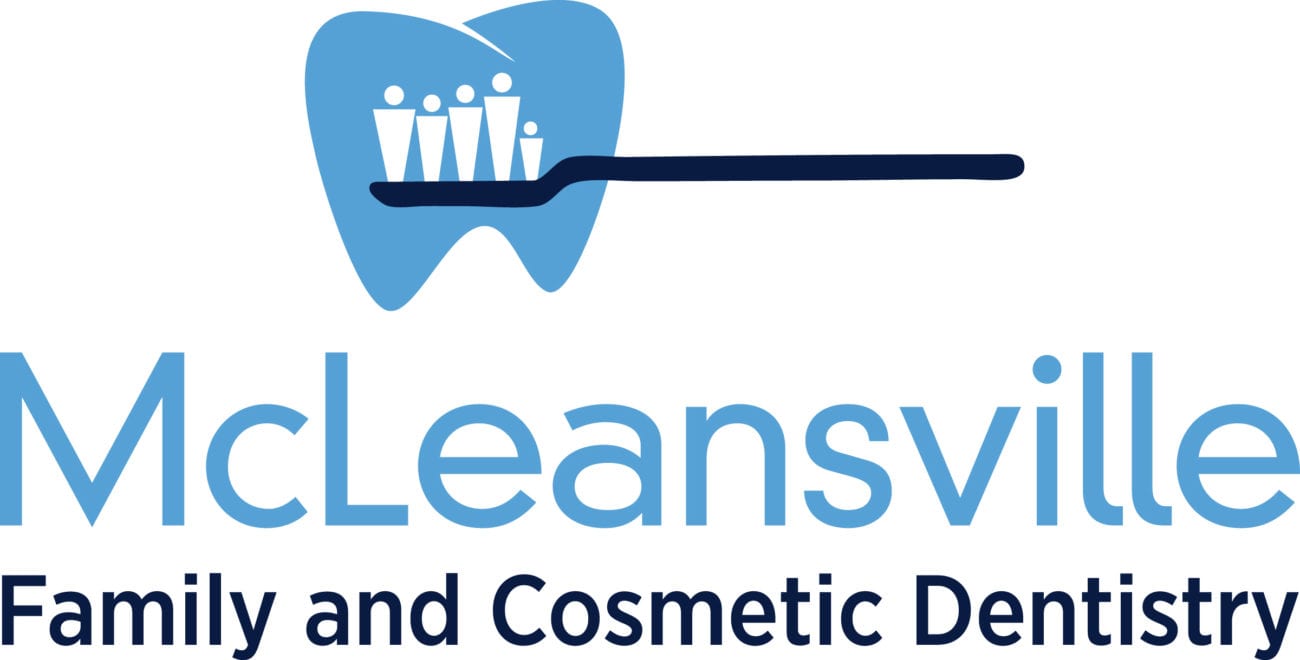Calcium is one of many essential minerals that keep your body functioning as it should. Though commonly associated with bone health, calcium contributes to your oral health in a major way as well.
You should consume at least 1000 mg of calcium each day in order to maintain good oral health. Otherwise, you could suffer serious consequences for your smile.
Understanding the details about how calcium helps your teeth can motivate you to ensure you consume enough of it in your diet. So read on to learn more about the role calcium plays in keeping your smile looking and feeling its best.

How Does Calcium Help Teeth?
Calcium is the primary component making up your enamel, the outermost layer of your teeth. Strong enamel endures regular wear and tear without issue, but it can suffer damage over time. Once thinned or weakened, enamel will not regrow.
Consuming plenty of calcium in your diet adds more protection to your enamel. This fortifies your teeth and makes them better able to resist tooth decay, surface stains, and other structural concerns.
Calcium also strengthens your bones as well as your teeth by increasing their mass in a similar way as it fortifies enamel. This means that your jawbone will be healthier. It will have a lower risk of fractures or other injuries and can function more effectively to keep your teeth in place in the mouth.
How Does Calcium Deficiency Hurt Teeth?
You will not see oral health benefits from calcium if you do not consume enough of this mineral in your diet. In fact, if your body lacks calcium, it will supplement itself by drawing the necessary minerals from elsewhere in your body, including your teeth. This leaves your teeth significantly weaker and at risk of many dental concerns.
In this weakened state, your teeth could have a higher risk of penetration by natural oral bacteria. So you can be in greater danger of cavities. Calcium deficiency in the teeth also presents with aesthetic effects. Your teeth might develop white spots on their surfaces, or they may appear translucent where the enamel has thinned.
Dentists can treat cavities and other oral health issues, but you should preserve the natural structure of your smile for as long as you can. One way to do this is to ensure you consume enough calcium regularly.
How Can I Make Sure I Consume Enough Calcium?
You might worry that 1000 mg seems like a large amount of calcium, but you can hit this easily because calcium is found in many common foods and beverages. For instance, milk, cheese, yogurt, and other dairy products are great sources of calcium. But not everyone can safely consume these foods. You can also find calcium in leafy vegetables like spinach, broccoli, and collards.
Calcium is not the only mineral you need to keep your teeth healthy. You also require plenty of vitamin D to help your body absorb calcium. Stick to a balanced and nutritious diet to maintain good dental health.
